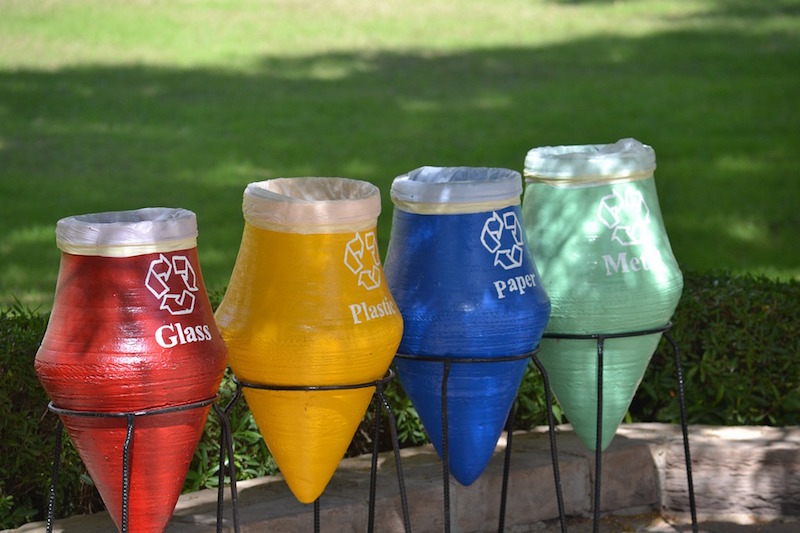Millennials’ strong views on sustainability could influence the design of workplaces and business practices.
Nine out of ten Millennials (ages 18-34) say it is important that they work for a sustainable company, according to the study “Recycling in the Workplace: A Millennial View,” conducted by Lightspeed for Rubbermaid Commercial Products. This generation is even more strongly committed to sustainability than Gen Xers (age 35-49), and Baby Boomers (age 50-64). Some 84% of the former, and 77% of the latter, by comparison, say that it is important to work for a sustainable company.
Roughly 82% of Millennials look for opportunities to help their company become more sustainable; and 67% believe that they have enough influence in their workplace to make an impact on sustainability.
More than 80% of Millennials whose employer does not have a recycling system believe employers have a responsibility to encourage recycling in the workplace. About 77% of Millennials say they recycle at work, but 83% say they recycle at home. This could mean that recycling at work is more challenging.
As Millennials become the dominant generation in the workplace, their influence on sustainability at work is likely to grow.
Related Stories
| Nov 29, 2012
Government policies help accelerate adoption of green building
Green procurement policies or green building mandates can help accelerate the adoption of green building practices, according to research by Timothy Simcoe and Michael Toffel.
| Nov 26, 2012
Minnesota law to spur development, job creation produced few jobs
Legislation that allowed local governments to direct excess property tax dollars from tax-increment financing districts into other private developments was supposed to kick-start construction hiring in Minnesota.
| Nov 26, 2012
How to boost resilient systems that are sustainable
Cities of the future can be both more resilient and more sustainable by promoting strategies that include solar power and green roofs, programs that minimize demand for energy, rain gardens, and permeable pavement.
| Nov 26, 2012
Developer of nation’s first LEED platinum skyscraper focuses on carbon reduction
The Durst Organization, the developer of the first LEED platinum certified skyscraper in the country, says it will not seek LEED certification for its residential pyramid planned for New York’s West 57th Street.
| Nov 26, 2012
Questions linger over ability of Miami's newer high-rises to withstand hurricanes
Some towers in Miami, rebuilt after a hurricane in 2005, were allowed to be constructed under older building codes instead of newer ones created after Hurricane Wilma.
| Nov 26, 2012
Changes in development and building standards needed for health of Potomac River
The Potomac River’s health stands to suffer if the region does not change its development and building standards, according to the Potomac Conservancy.
| Nov 16, 2012
South Dakota prefers LEED over building code on state projects
“(LEED is) much better than a mandatory building code because you get a little wiggle room in these projects,” said Mike Mueller, a spokesman for the South Dakota Bureau of Administration.












